Your support helps us to tell the story
From reproductive rights to climate change to Big Tech, The Independent is on the ground when the story is developing. Whether it's investigating the financials of Elon Musk's pro-Trump PAC or producing our latest documentary, 'The A Word', which shines a light on the American women fighting for reproductive rights, we know how important it is to parse out the facts from the messaging.
At such a critical moment in US history, we need reporters on the ground. Your donation allows us to keep sending journalists to speak to both sides of the story.
The Independent is trusted by Americans across the entire political spectrum. And unlike many other quality news outlets, we choose not to lock Americans out of our reporting and analysis with paywalls. We believe quality journalism should be available to everyone, paid for by those who can afford it.
Your support makes all the difference.The National Archives have released their annual cache of Government documents under the '30 year' disclosure rule.
The contents of the thousands of pages of documents shed some insight onto the inner workings of Margaret Thatcher's government.
Here are the 12 most interesting things we've spotted so far.
Thatcher was worried people might learn about gay sex from an AIDS awareness campaign

Margaret Thatcher nearly vetoed an AIDS awareness campaign because it would inform young people about “practices they never knew about”.
Cabinet papers from 1986 show she was worried about a section on “risky sex”.
“I remain against certain parts of this advertisement,” she said.
“I think the anxiety on the part of parents and many teenagers who would never be in danger from Aids exceeds the good it may do... adverts where every young person will read and hear of practices they never knew about will do harm.”
Health Secretary Norman Fowler eventually made a small concession to her and replaced a section in an advert on anal sex with a single line.
Ronald Reagan told Margaret Thatcher to read a Tom Clancy novel to understand the Cold War

The then US president told the PM to read Red Storm Rising, the author’s second novel, ahead of a 1986 arms summit with Mikhail Gorbachev in Iceland.
Charles Powell, one of Baroness Thatcher’s advisors, wrote: “The president strongly recommended to the prime minister a new book by the author of Red October called (I think) Red Storm Rising.
“It gave an excellent picture of the Soviet Union’s intentions and strategy. He had clearly been much impressed by the book.”
The book depicts World War Three with the Soviet Union and features an amphibious assault on Iceland, where the summit was to be held.
Police told the PM that the Broadwater Farm rioters had access to napalm
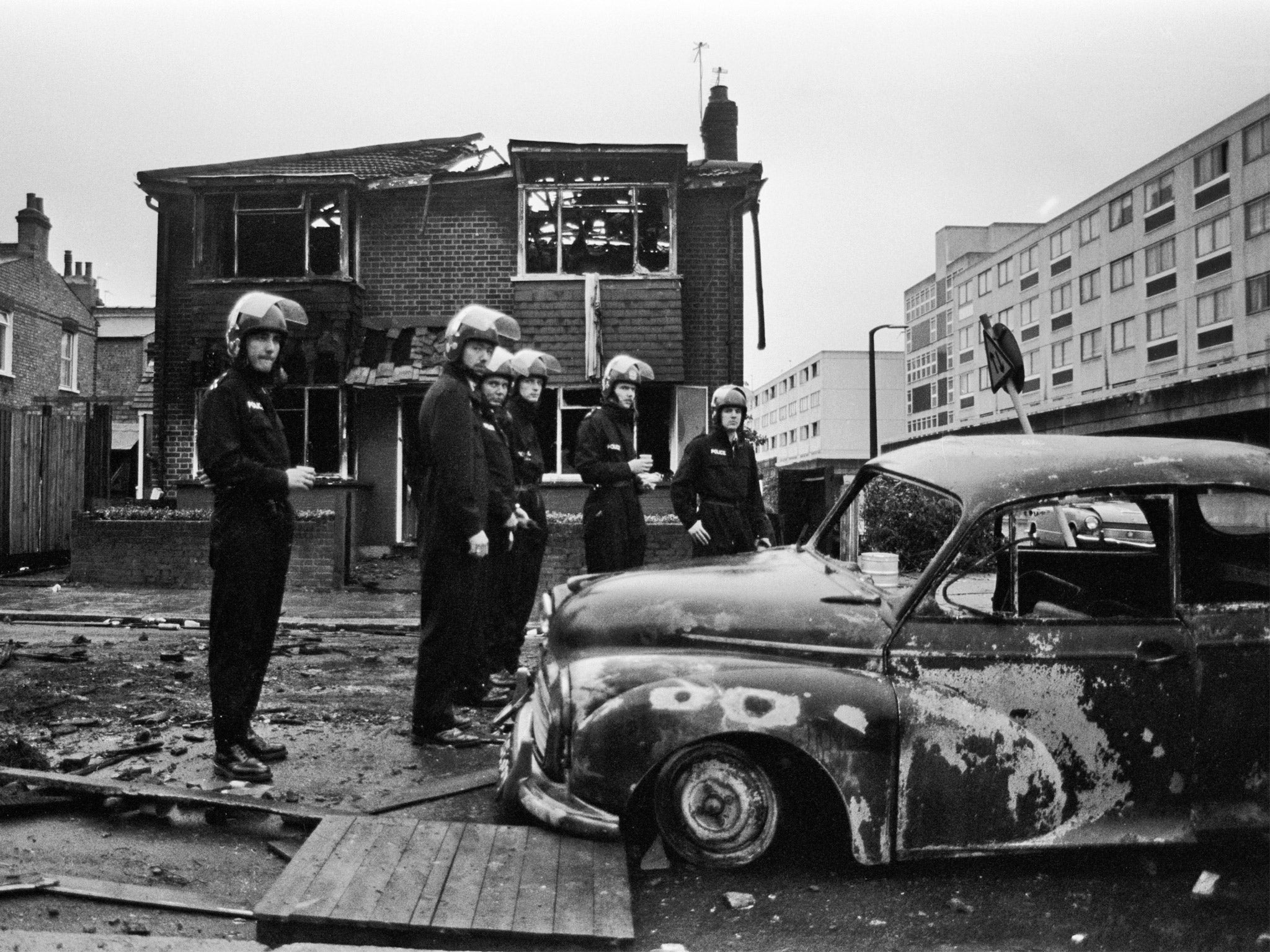
Police told Margaret Thatcher that rioters in Tottenham were building napalm bombs, according to papers from 1985.
Officers said a milk float had been stolen in the area, and that they feared the empty milk bottles would be used as grenades.
Police sources also cited local chemists who warned that “the ingredients of napalm … have been supplied to individuals in the Tottenham area”.
Margaret Thatcher replied that the supposed revelations were “disturbing”. No napalm ever actually emerged, however.
Thatcher was told to cut Scottish budget to win support from ‘the envious north of England’
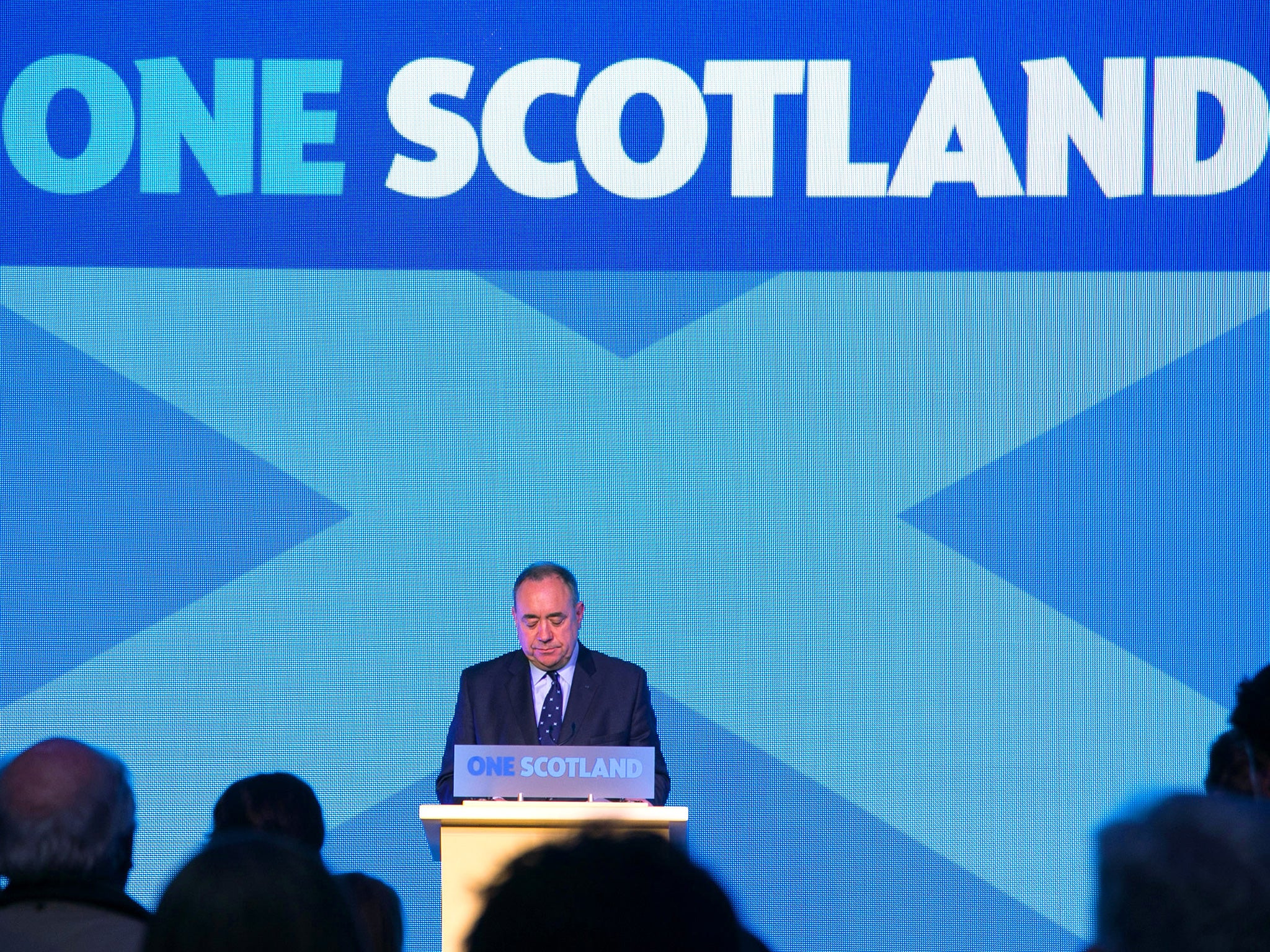
As a Downing Street policy advisor, David Willetts told Margaret Thatcher that £900m more was being spent on Scots than on people in England.
Mr Willetts, who served as science minister under the 2010 Coalition, said in January 1986 that Scotland was “the only juicy target” for further cuts.
He argued that inflicting cuts on Scotland would win favour with “envious” people in the North of England.
“Your economic policies stop at the English border,” he said.
“Ultimately, the question is a political one. The position of the Conservative party in Scotland is so bad that it might not deteriorate any further.
“And the envious north of England might even welcome an attack on the pampered Scots over the border.”
The Tory policy unit said private hospitals would be more efficient than the NHS because fewer patients would get tray meals and staff would find it harder to rest

David Willetts also sent a memo to Margaret Thatcher about the benefits of private healthcare compared to the NHS.
In one section about whether the private sector should be brought in to run a psychiatric hospital, he explained:
“The hospital is run cost-effectively. Only one in 20 patients gets a tray meal: the rest go to one canteen which is shared with the staff.
“The building avoids ‘staff traps’ – private areas where staff can take a rest.”
Edward Heath left moon dust gifted by the US president languishing in a cupboard
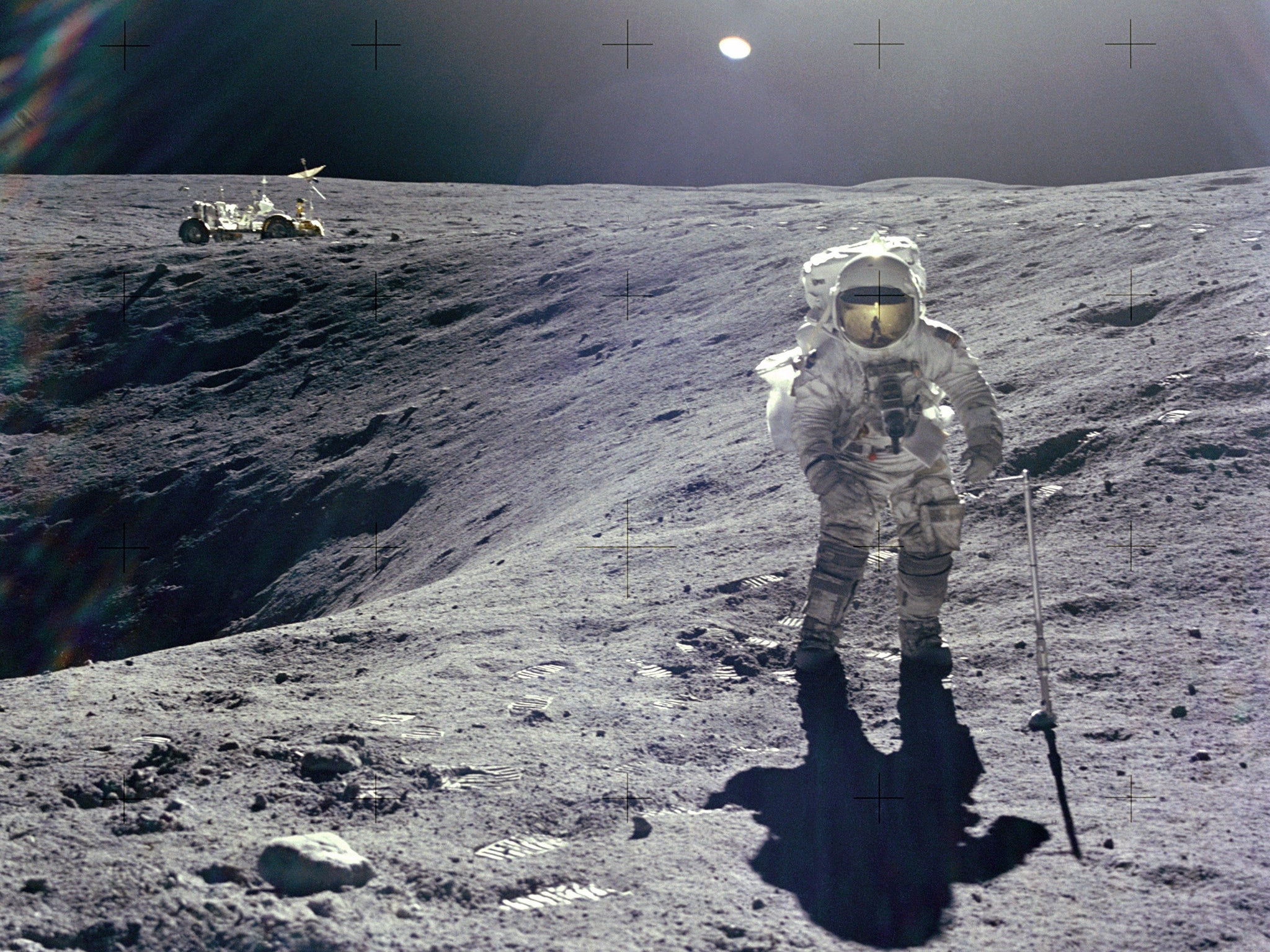
Dozens of papers are devoted to a gift of some dust from the moon given to “the people of the United Kingdom” by US president Richard Nixton.
The plinth the specks of dust was contained on was described as “modern” and “not very attractive looking” by Downing Street officials and it was immediately sent on a tour of “provincial” museums – possibly to get it out of No.10.
On the object’s return Edward Heath was said to be unable to locate an “aesthetically suitable spot” for the plinth and it ended up languishing in a cupboard.
A series of letters to various museum creators follows, in which the Government has great difficulty in getting anyone to take the item.
One museum curator is said to have thought the item was roughtly equivalent in curiosity value to "a toothbrush once used by Napoleon" in the same museum's collection.
The No.10 policy unit specifically wanted to sell British Leyland to foreign owners

In a file from 1986 Government officials discuss the best way to privatise British Leyland, the state owned car manufacturer.
The national archives summarises: “The No. 10 Policy Unit favoured the privatisation of BL to foreign owners arguing that it was ‘the competiveness of British industry not its ownership that was important’.
Various failed attempts to sell the car manufacturer off are detailed to US and Japanese companies. In the end its name is changed to Rover because it was felt that brand “still has some appeal in the market place”.
The Prime Minister was said to be keen to demonstrate that “if Honda showed faith in Britain, that faith would be reciprocated”.
Film director Michael Winner was worried Downing Street didn’t know who he was
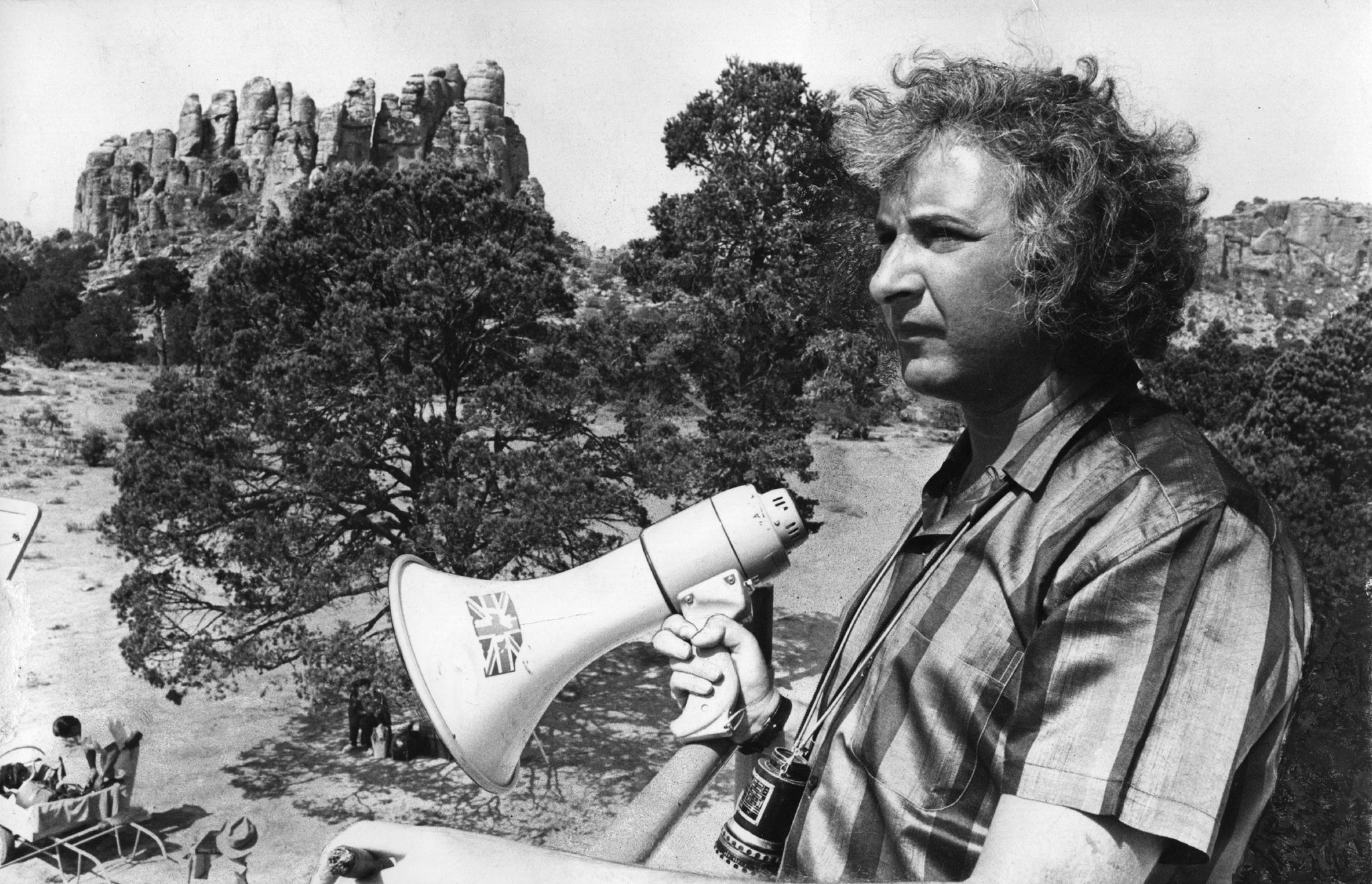
In 1985 film director Michael Winner wrote to Downing Street to ask Margaret Thatcher to attend the unveiling of a memorial of PC Yvonne Fletcher, an officer who was shot outside the Libyan embassy.
Mr Winner was the patron of a charity called the Police Memorial Trust.
This was quickly followed up by a letter from another trustee at the charity explaining who the director was.
"It occurs to me you may not know of Mr Winner," he said. "As well as being one of this country's most prominent film producers and directors who has caused many millions of pounds to be invested in this country by US film companies, Mr Winner is also on the Council of the Director's Guild of Great Britain."
Downing Street officials were worried that Margaret Thatcher hadn’t declared a diamond necklace gifted to her by a Middle East oil minister
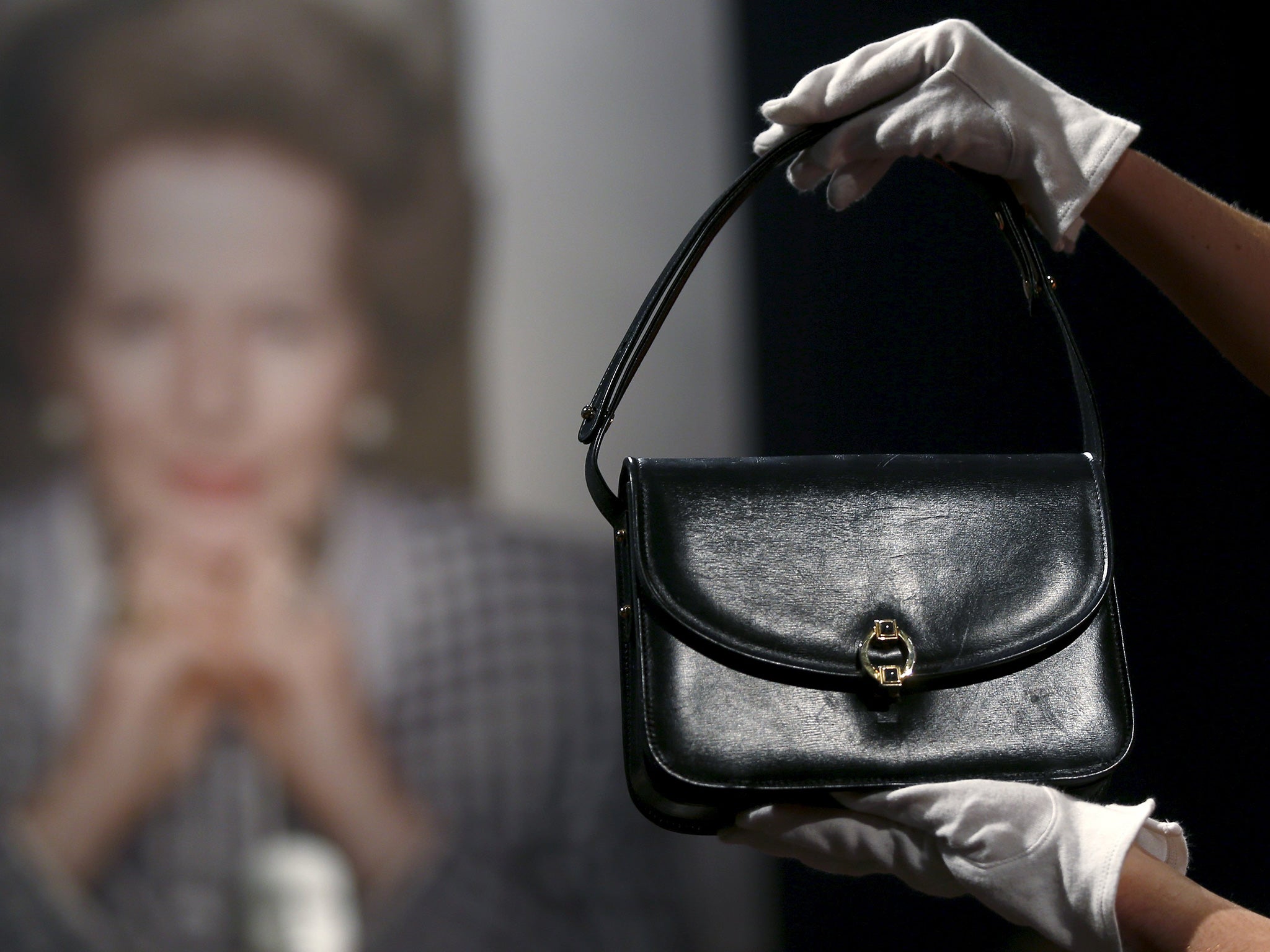
Documents show a Guardian journalist inquiring with the Downing Street press office about a purported diamond and emerald necklace allegedly given to the PM.
The gift was said to have come from the then president of Opec, Mana Saeed al-Otaiba – also the oil minister for the United Arab Emirates.
Downing Street had no record of the meeting but was told that the jewels had been spotted in a car on the way to a meeting with the PM.
Officials worried the gifts could cause diplomatic problems down the line if they turned out to have existed:
“I’ve passed this info on to [a press officer] but asked him not to say what gifts have actually been received,” a memo read.
“It could be difficult if the PM did receive the gifts personally without our knowledge and Dr Otaiba was to see a denial in the Guardian.”
An unsolicited gift of a consignment of dates from Oman caused a minor row with Air Canada

One handwritten memo in the archives, written on Downing Street branded notepaper, simply reads:
“A consignment of dates from Oman is at Heathrow. Air Canada wish us to pay £15 handling charge plus £17 if it’s delivered no No.10 CR feels we should not have to pay the bill. Advice please?”
The dates, weighing 30kgs in total, were sent as a gift from Mr M Zafir Hassen – then the executive director of “a shipping agency”.
Douglas Hurd had to walk off a hangover after his first meeting with Irish ministers
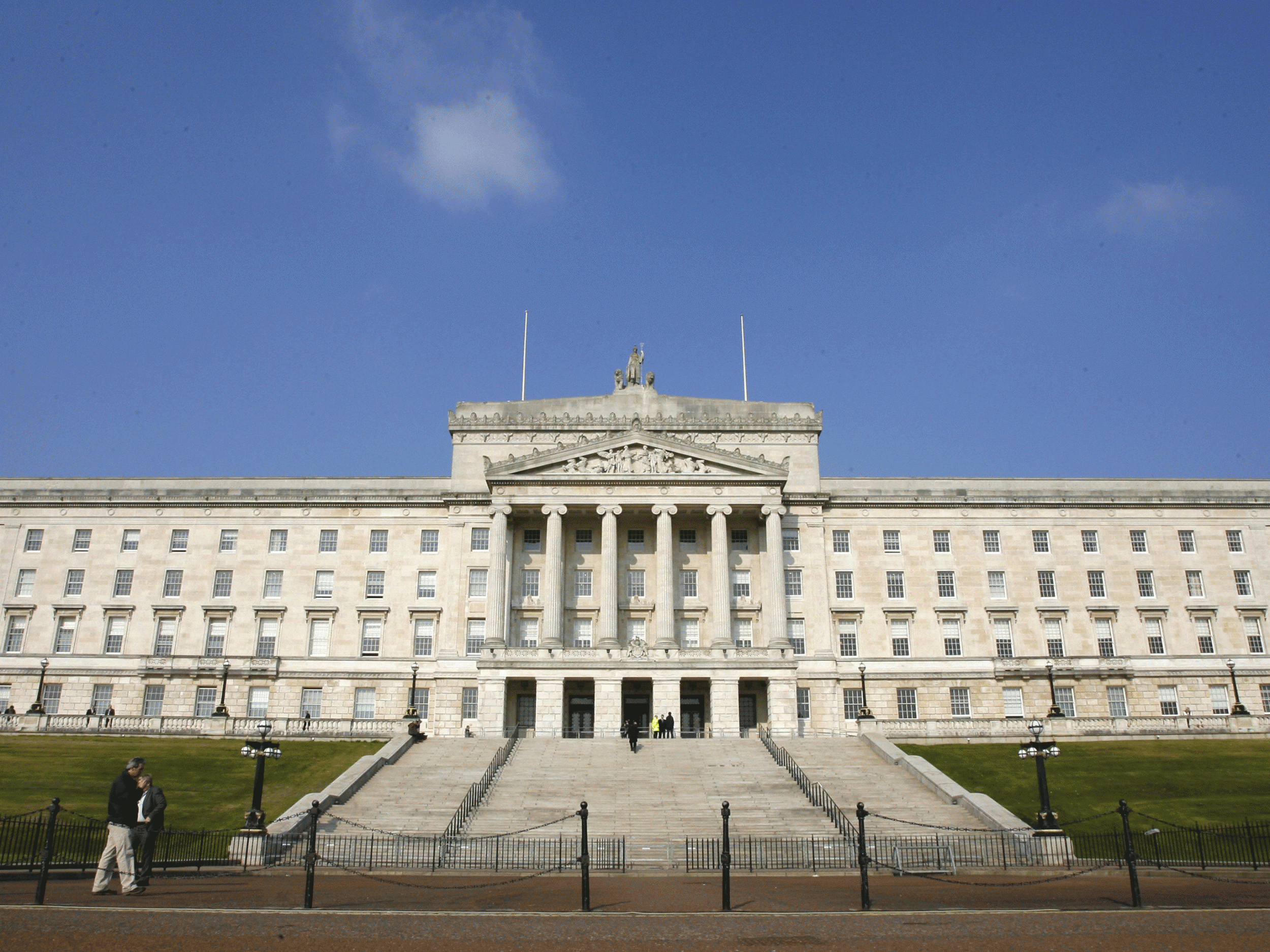
Douglas Hurd was the Secretary of State for Northern Ireland and thus responsible for meeting his Irish counterpart for talks over the province.
Noel Door, the Irish ambassador to the UK, recounted a conversation with Mr Hurd’s political advisor Edward Bickham after the minister’s first meeting in Dublin.
“Bickham mentioned incidentally that Hurd had had quite a hangover after that visit and had to be taken out and walked around the park the next day!” he said, among more serious diplomatic matters.
Oliver Letwin said black entrepreneurs would only invest in drugs and discos

Current Cabinet Office minister Oliver Letwin has found himself in 2015 apologising “unreservedly” after making apparently racist comments about black people.
In a 1985 briefing to Margaret Thatcher he claimed white people did not riot and said encouraging black entrepreneurs would only result in them investing in “discos and drugs”.
He blamed riots in inner city neighborhoods on “bad moral attitudes”.
“Riots, criminality and social disintegration are caused solely by individual characters and attitudes. So long as bad moral attitudes remain, all efforts to improve the inner cities will founder,” he wrote.
“[Lord] Young’s new entrepreneurs will set up in the disco and drug trade; Kenneth Baker’s refurbished council blocks will decay through vandalism combined with neglect; and people will graduate from temporary training or employment programmes into unemployment or crime.”
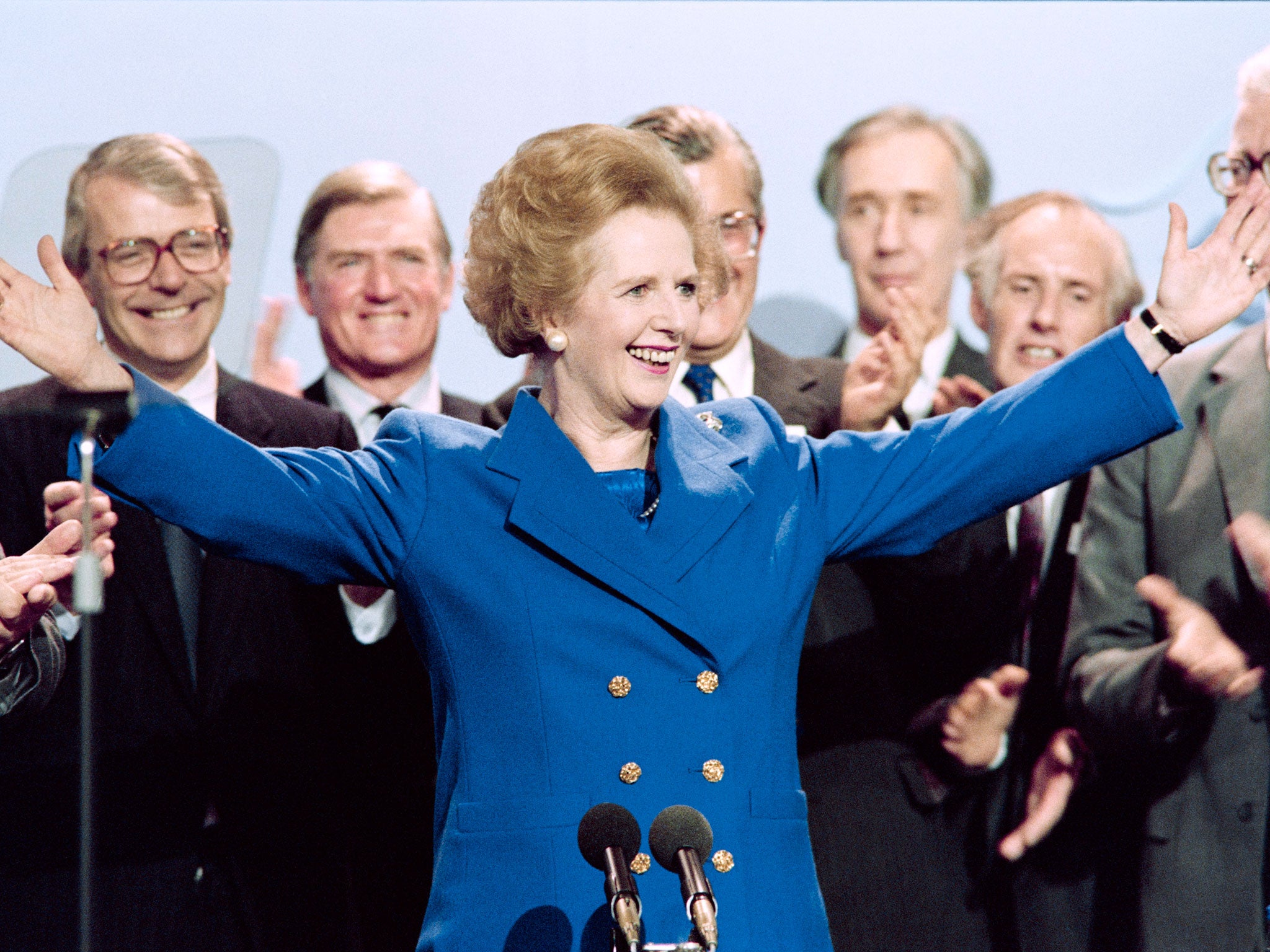
Join our commenting forum
Join thought-provoking conversations, follow other Independent readers and see their replies
Comments